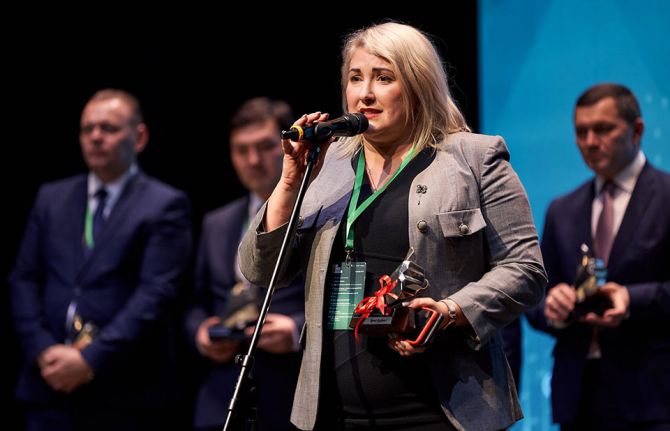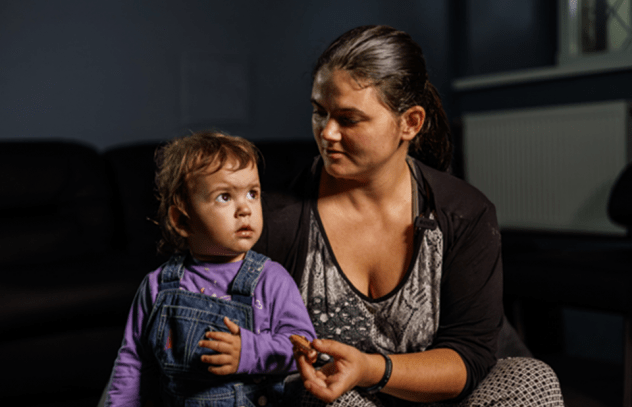

Feature Story
Turning around the HIV response in Odesa
24 November 2020
24 November 2020 24 November 2020Irina Kutsenko, a deputy of the Odesa City Council in Ukraine responsible for social issues, is an active advocate of community rights who campaigned for medical and social services for HIV to be brought closer to the most disadvantaged. She is the first and so far the only government official nominated by civil society for the #inYourPower award. The award, which is given by civil society to leaders, government officials and eastern European and central Asian politicians, is given to people who have contributed to improving the financial sustainability and effectiveness of HIV programmes for key populations and to removing legal barriers to HIV services and protecting human rights.
However, the route to the award was not straightforward. “As a deputy, I closed the opioid substitution therapy site in my district. I collected signatures from people against the gay movement in our city,” she said. But after completing a course run by the International Academy of Harm Reduction, she began to research the topic in more detail. “I started reading about the issue on the Internet, listening to interviews of people, listening to life stories, until I understood that I was wrong!”
Ms Kutsenko started to cooperate with community organizations to make Odesa a safer city for key populations.
“When representatives of community organizations came to me with a harm reduction project in the city, I already understood what they were talking about. At that moment, I realized that nongovernmental organizations today know more than officials. At the beginning, I was only listening,” she said.
The first task for Ms Kutsenko and the community organizations was to find a common language and common platform. “We needed everyone: doctors, the authorities and public organizations to unite and work towards one common goal,” she said. “It didn't work out when everyone was separate.”
But, as Gennadiy Trukhanov, the Mayor of Odesa, said, it was not easy for the city. The city authorities, in addition to responding to local everyday problems also need to address global challenges, in particular helping health-care workers to fight the COVID-19 pandemic. “Mayors are assessed by the state of the city: roads, public spaces, etc. We can have clean cities, but with the spread of infectious diseases around the world, the time may come when there will be no one to walk along these roads,” he said.
Over the past few years, Odesa has been implementing steps within the framework of the Paris Declaration to end the AIDS epidemic in cities and was the first city in Ukraine to commit to the Zero TB Cities initiative. The city has initiated outpatient treatment of tuberculosis, instead of in hospital, and has begun widescale testing programmes for HIV, increasing the detection rate of HIV and ensuring that people who test positive access treatment.
“Of course, there are still many problems, but, step by step, we are changing the situation in the city,” said Ms Kutsenko.
Ms Kutsenko’s story can be viewed on YouTube.



